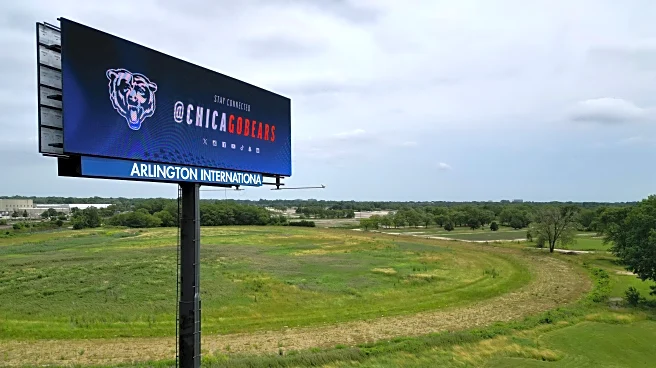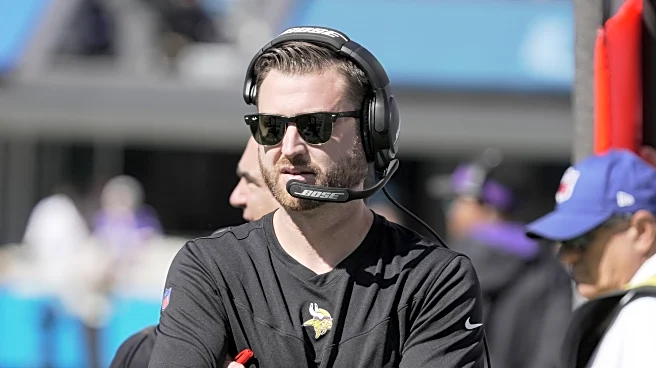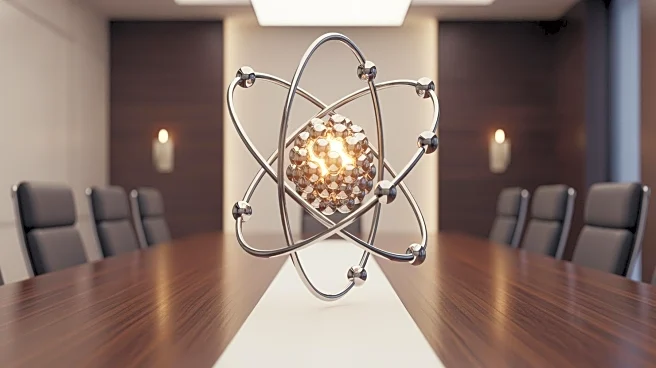In a move that has sent ripples throughout the entertainment industry, Netflix's co-CEO Ted Sarandos has revealed the company's pioneering use of generative artificial intelligence in film and television
Did You Know
Sharks existed before trees.
?
AD
production. This innovative technology made its debut in the Argentine sci-fi series "El Eternauta," where it successfully expedited the creation of scenes, reportedly completing visual effects ten times faster than traditional methods. As streaming becomes increasingly competitive, Netflix's embrace of generative AI could dramatically alter how content is produced, combining speed with creative storytelling.
However, this technological advancement is not without its controversies. While Sarandos touts the benefits of AI in enhancing creativity, many artists and creators express valid concerns over the implications for their livelihoods. The fear is that relying on AI could undermine the very essence of storytelling, compromising artistic integrity and employment opportunities. As the landscape of Hollywood shifts, the debate intensifies regarding how to balance innovation with the preservation of human creativity.
The introduction of generative AI into Netflix's repertoire signals a broader trend that could reshape the industry’s future. Sarandos has affirmed his confidence in the company’s programming momentum extending through 2026, suggesting that AI might not only be a temporary tool but a mainstay in content creation. As audiences eagerly anticipate what this new technological frontier will deliver, the critical dialogue around its impact on artistry continues to evolve, making the intersection of technology and creativity a pivotal topic for the years to come.
Q&A (Auto-generated by AI)
What is generative AI in filmmaking?
Generative AI in filmmaking refers to the use of artificial intelligence algorithms to create content, such as visual effects or scenes, that would typically require human creativity and labor. It can generate images, animations, and even scripts based on input data. Netflix has recently employed generative AI to enhance its production processes, notably in the Argentine sci-fi series 'The Eternaut,' where AI was used to create a scene of a collapsing building, showcasing its potential to streamline production.
How is AI impacting the creative process?
AI is significantly impacting the creative process by providing tools that can enhance creativity and efficiency. For instance, Netflix's co-CEO Ted Sarandos mentioned that AI tools can help produce content faster and allow creators to experiment with new ideas. However, this raises concerns about the authenticity of creative work and the potential for AI to replace human artists, leading to a complex dialogue about the balance between technology and artistic expression.
What are the ethical concerns of AI in art?
The ethical concerns of AI in art center around issues of originality, authorship, and the potential devaluation of human creativity. Artists worry that reliance on AI could lead to a homogenization of creative outputs, where unique styles are overshadowed by algorithmically generated content. Additionally, there are concerns about copyright and ownership, as AI-generated works may not have a clear creator, complicating legal frameworks and artistic rights.
How has Netflix used AI historically?
Historically, Netflix has utilized AI primarily for content recommendation systems, enhancing user experience by analyzing viewing habits to suggest shows and movies. Recently, the company has expanded its use of AI to production processes, as seen with the implementation of generative AI in projects like 'The Eternaut.' This shift reflects a growing trend in the entertainment industry to explore AI's capabilities beyond data analysis and into creative production.
What are the potential benefits of AI in media?
The potential benefits of AI in media include increased efficiency in production, cost reduction, and enhanced creativity. AI can automate repetitive tasks, allowing creators to focus on storytelling and innovation. For example, using AI to generate visual effects can significantly shorten production timelines, as noted by Sarandos, who stated that certain scenes can be completed ten times faster. This efficiency can lead to more diverse content being produced, catering to varied audience preferences.















